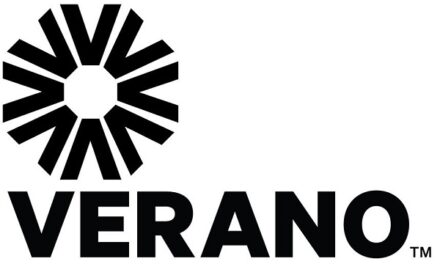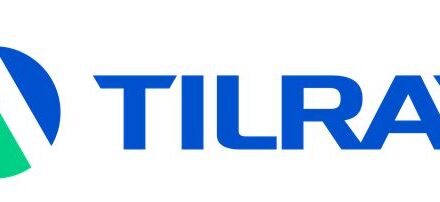By Adam Kemper, Esq.
What does cryptocurrency and cannabis have in common? Besides beginning with the letter “c,” neither is supported by traditional banks, both have created emerging markets, both are growing in popularity and intended to solve problems (but yet still misunderstood for their full potential and benefits), and finally both are closely monitored by the government.
While a medical marijuana commercial was prohibited from airing on Super Bowl Sunday (which created some controversy), there is no secret that cannabis is becoming more mainstream each day.
Likewise, while Bitcoin made headlines through its historical “bull run” in late 2017 and early 2018 and has been more widely accepted in retail locations, the underlying blockchain technology is what everyone is talking about.
As of today, cannabis is still federally illegal in the United States. States that have passed laws permitting medical and/or adult use of cannabis require some form of cannabis tracking so that regulators can monitor sales and usage and ensure compliance within each state’s regulatory framework.
Each state has different requirements and there are a number of vendor options available. BioTrackTCH, Franwell/Metrc, MJ Freeway and Kind Agrisoft are noted as the most popular seed to sale tracking systems.(1) With seed to sale tracking, the idea is that every plant grown is supposed to be recorded in a system which documents when it is processed, how it is processed, and when it is sold to a customer or distributor. Therefore, a third party governmental agent could review if a cannabis company has complied with the state’s requirements and the company could benefit from keeping accurate records of its harvest yields and sales.
There have been numerous reports of issues with the current options for cannabis tracking systems from glitches in the systems, to login issues, missing data, lags, etc.(2) For example, growers have reported problems with the current traceability systems that have cost them thousands of dollars in lost revenues.(3) Washington State reported lags, logging issues, scrambling on shipping orders, etc., with its traceability system.(4) Oregon has reported its fair share of issues with its tracking system and process.(5) In 2018, Maryland reported issues including rejection of patients and glitches caused by high levels of user traffic which resulted in dispensaries being unable to complete transactions.(6) Why haven’t companies turned to blockchain as a solution?
With blockchain technology, the referenced pain points and negative experiences can be eliminated once this technology is embraced (and fully understood) by the cannabis community and state legislatures.
In simple terms, blockchain is a record-keeping technology. It is comprised of a chain of blocks (i.e. transactions) stored and verified on an open-source database. Blockchain is accurate, immutable and irreversible and it can process transactions immediately. When new information or transactions are added to the chain, it becomes permanently stored and open for review by anyone.
Transparency, immediacy, storage and accurate reporting make for the perfect solution for cannabis tracking. A third party regulator could easily review a company’s cannabis transactions through the blockchain without having to request special access or an audit. Supply chain management is absolutely vital for cannabis and many believe there is no greater technology that exists other than blockchain.
In Florida, there was a recent announcement that Levelblox, Inc., a developer of Software Asset Management, signed an agreement with Altmed Florida, a licensed cultivator, manufacturer and distributor of medical cannabis in Florida to develop a Seed-to-Sale Blockchain application which will enable Altmed Florida the ability to effectively track and monitor every aspect of the growing process for compliance. Levelblox has the opportunity to make a use case in a very active medical marijuana market in Florida.
This is exciting news for the cannabis and blockchain industry and I look forward to seeing the two paired together very soon in Florida and throughout the country.
Adam Kemper, Esq., Greenspoon Marder LLP, can be reached at adam.kemper@gmlaw.com.
1 As of September 2018, here is a chart with the seed to sale tracking options in usage. https://mjbizdaily.com/chart-dominant-player-emerging-for-state-cannabis-seed-to-sale-tracking-contracts/ .
2 See https://mjbizdaily.com/tracking-software-issues-temporarily-stall-maryland-medical-cannabis-sales/.
3 See https://mjbizdaily.com/hiccups-traceability-system-rollout-costing-washington-state-cannabis-producers-thousands/.
4 See http://www.govtech.com/data/Washington-States-New-Marijuana-Tracking-System-Hits-Big-Problems-Causing-Issue-for-Businesses.html.
5 See https://durangoherald.com/articles/220657.
6 See https://slate.com/technology/2018/09/metrc-mj-freeway-failures-government-legal-marijuana-software.html.










